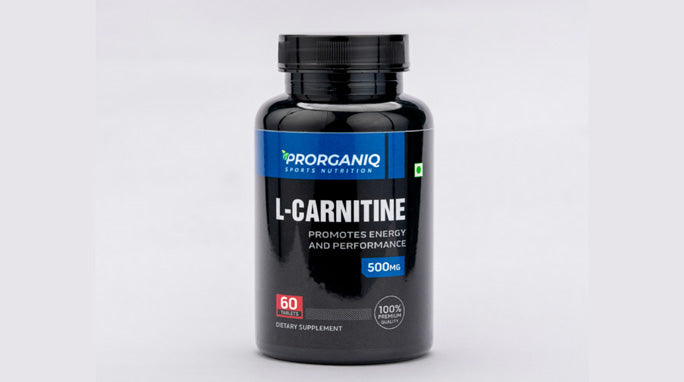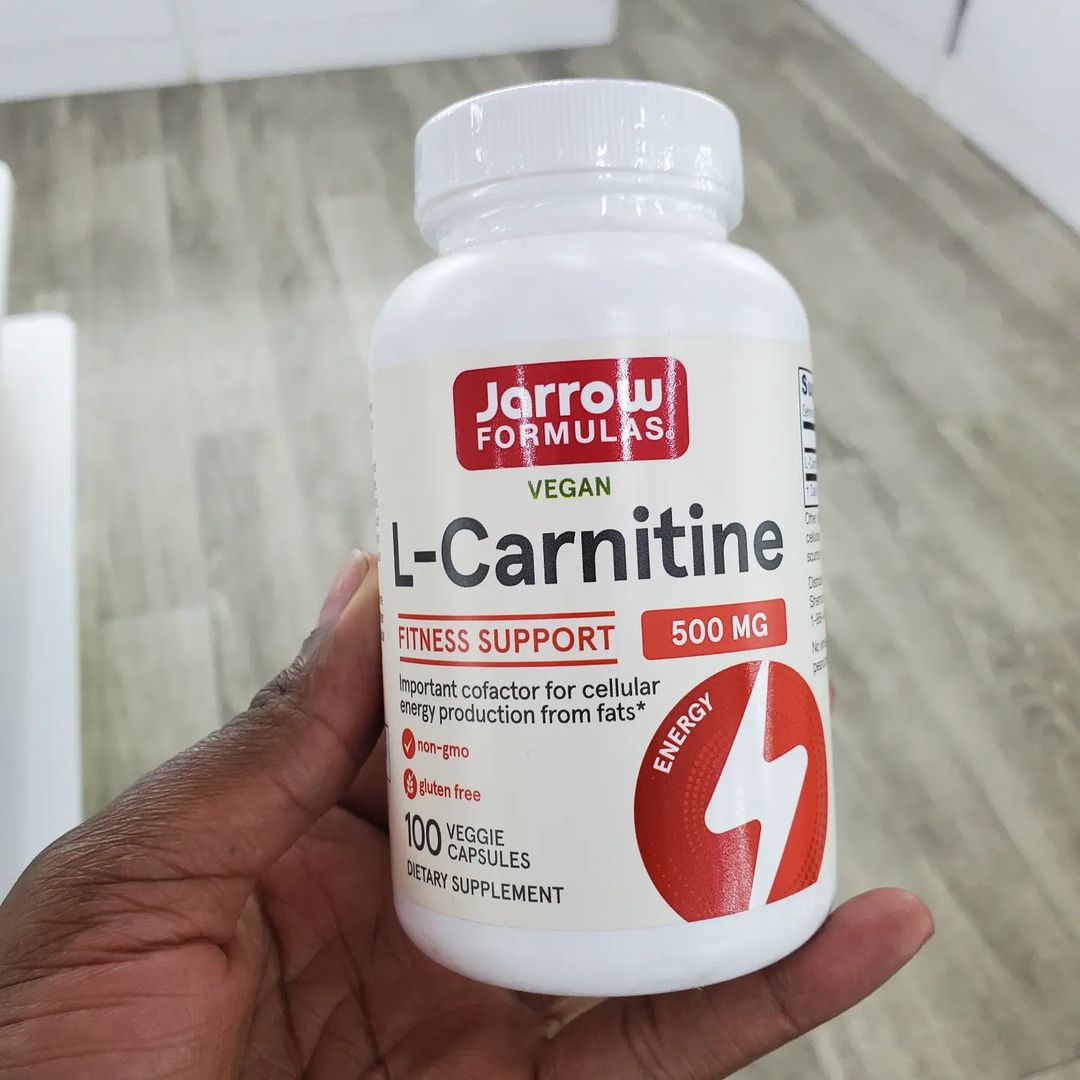Can I Take L-carnitine On An Empty Stomach

The debate surrounding supplement timing can be a minefield, particularly when considering the optimal way to maximize the benefits of L-carnitine, a popular compound touted for its potential to enhance fat metabolism and boost athletic performance. Can you take L-carnitine on an empty stomach? The answer, while seemingly straightforward, is nuanced and depends heavily on the specific form of L-carnitine and the individual’s goals and tolerance.
This article delves into the science behind L-carnitine absorption, exploring the pros and cons of taking it on an empty stomach versus with food. We will examine the different forms of L-carnitine available, potential side effects, and expert recommendations to help you make an informed decision about when and how to incorporate this supplement into your routine.
Understanding L-Carnitine: A Brief Overview
L-carnitine is a naturally occurring amino acid derivative that plays a crucial role in energy production. It transports fatty acids into the mitochondria, the powerhouses of our cells, where they can be burned for fuel.
While our bodies can produce L-carnitine from lysine and methionine, supplementation is often used to increase its levels, especially among athletes and individuals seeking to improve their metabolic function.
The Absorption Factor: Food vs. Empty Stomach
The question of whether to take L-carnitine on an empty stomach hinges primarily on its absorption rate. Studies have indicated that L-carnitine absorption is often enhanced when taken with food, particularly those high in carbohydrates.
Insulin, released in response to carbohydrate intake, aids in shuttling L-carnitine into muscle cells, potentially maximizing its effectiveness.
Taking L-carnitine on an empty stomach, while seemingly offering faster absorption due to the absence of competing nutrients, might not translate into optimal uptake by muscle tissues.
Different Forms, Different Rules?
It's essential to distinguish between the various forms of L-carnitine, as their absorption rates and potential side effects can differ. L-Carnitine Tartrate, for example, is often favored for its faster absorption rate and is commonly used to enhance athletic performance.
Acetyl-L-Carnitine (ALCAR), on the other hand, readily crosses the blood-brain barrier and is often used for its cognitive benefits.
While some individuals may find L-Carnitine Tartrate more tolerable on an empty stomach, ALCAR may cause stomach upset in some when taken without food. Therefore, it's crucial to consider the specific form of L-carnitine you're taking and its potential impact on your digestive system.
Potential Side Effects: A Balancing Act
Taking L-carnitine on an empty stomach might increase the risk of certain side effects in some individuals. These can include nausea, stomach cramps, diarrhea, and a fishy body odor, although the latter is more common with higher doses.
These gastrointestinal issues are often mitigated when L-carnitine is consumed with food, as the presence of other nutrients can slow down absorption and reduce the likelihood of irritation. If you experience any of these side effects, consider taking L-carnitine with a meal to see if it alleviates the symptoms.
Expert Opinions and Research Findings
Many nutritionists and sports medicine professionals recommend taking L-carnitine with a meal, particularly one containing carbohydrates, to maximize its absorption and minimize potential side effects. Research published in journals like the Journal of Physiology has demonstrated the importance of insulin in L-carnitine uptake.
However, some experts suggest that individuals taking L-carnitine for cognitive benefits (specifically ALCAR) may find taking it on an empty stomach more effective. This approach could potentially enhance its absorption into the brain, but it's crucial to monitor for any adverse reactions.
The Individual Factor: Listen to Your Body
Ultimately, the best approach to taking L-carnitine is highly individualized. What works well for one person might not work for another. Experiment with different timing strategies to see what suits your body best.
Start with a low dose and gradually increase it to the recommended level while monitoring for any side effects. Keep a food journal to track your intake and note any correlation between L-carnitine timing and its effects on your energy levels, performance, and overall well-being.
Dosage Considerations
The recommended dosage of L-carnitine typically ranges from 500 mg to 2000 mg per day, depending on the form and the individual’s goals. It is generally recommended to split the daily dose into multiple servings to maintain consistent blood levels throughout the day.
Consult with a healthcare professional or a registered dietitian to determine the appropriate dosage for your specific needs and to ensure it doesn't interact with any medications you're taking.
Future Research and Considerations
Further research is needed to fully understand the optimal timing and dosage strategies for different forms of L-carnitine. Studies exploring the impact of specific macronutrient ratios on L-carnitine absorption would be particularly valuable.
Additionally, research into the long-term effects of L-carnitine supplementation on various health markers is warranted.
Conclusion: A Tailored Approach is Key
While there’s no definitive answer to whether you *can* take L-carnitine on an empty stomach, the evidence suggests that taking it with food, especially carbohydrates, is generally more effective for maximizing its benefits and minimizing potential side effects. Factors such as the specific form of L-carnitine, individual tolerance, and personal goals all play a role in determining the optimal timing.
Ultimately, a tailored approach that considers these factors and involves close monitoring of your body's response is the best way to incorporate L-carnitine into your routine and reap its potential rewards.


















